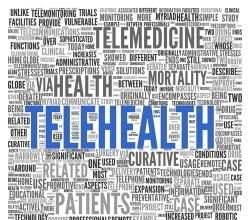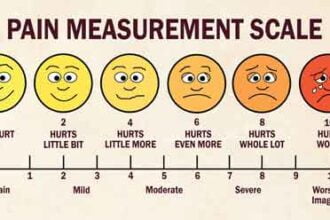Sometimes the time for an app has just come.
Sometimes the time for an app has just come.
Launched on World Mental Health Day on October 10, a new mental health app already has more than 1,500 downloads and a #3 ranking among free Health & Fitness apps–and, lest we forget, a mention on Twitter by none other than Alistair Campbell, Tony Blair’s former spokesman who now campaigns on mental health.
It’s got the properly British name of Mood Mate, as the application comes out of the University of Reading, where researchers are studying whether an iOS app could, as they write, “help people with low mood and anxiety to find and seek local treatment.”
And after all my beefs about mental health apps not being backed up by research (see “We Know There’s an App For That–But Often Research Lags Behind Mobile Mental Health App Claims“), this app continues the research even as it is being utilized.
Alex Gyani, a researcher at the University of Reading Department of Psychology, devised a way for people to use an app–and for research data to be gleaned from it at the same time.
Mr Gyani said: “Having a randomised [forgive the spelling; he’s a Brit] controlled trial built into an app that is available on the iTunes store is a fantastic way to conduct research – and the more participants we can recruit, the more we will learn. That’s why an app is such a great way to conduct a trial like this one.”
He continues, “We hope it will enable us to find new ways to help people suffering from mental health problems in the UK get the psychological treatments that have been shown to work.”
So users of the app become subjects when they download it. People are only eligible to be part of the study–although given the number of downloads, seems like people who are not officially part of the study find the app useful, as well–if they’re suffering from anxiety or low mood.
The study is structured so that two-thirds of those who download the app are asked to monitor their moods for 30 days and are given information about where to find local services where they can receive mental health help, without going through a GP, the equivalent of a primary care physician.
In a really cool move, the treatments recommended are part of the National Health Service’s Improving Access to Psychological Therapies initiative, or IAPT, on which the government has spent £400 million since 2007, and are therefore free. [Can you see this happening in the States? Free medical care for mental health? Seems like that could be a big part of the holdup in getting a similar app here Stateside.]
The remaining third just get the information about where to find services without monitoring mood.
The point, you might ask? Researchers are trying to determine whether monitoring mood encourages people to seek out treatment.
You can find more about the app from its Tweets (handle @MindAboveMood), from its website, and from reading the reviews on iTunes–where you can purchase it, as well–for nothing down–if you happen to be British.
Mood Mate would certainly have to be tweaked to fit into an American approach to medicine (and lose the word ‘mate,’ as well, I’m sure)–but it doesn’t seem all that hard, if someone takes an interest. Well, maybe if you cut out that offering free services, too.
What an utterly unAmerican idea.









